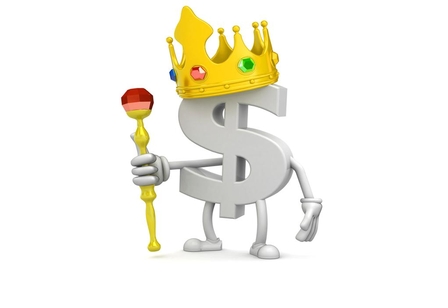Those with high levels of debt used to purchase risky (e.g equities and structured securities) or illiquid (e.g property) assets suffered as the cash-flows from their investments shrank below their financing costs and the value of their investments fell as a result of those falling cash-flows and liquidity drying up, as buyers of those assets retreated to the sidelines – a financial double whammy!
Many would argue that when you invest in risky assets using leverage, such as margin lending, you get what you pay for.
However, the other group that suffered most, perhaps deserve a little more sympathy. They included mums and dads, retirees and municipal institutions who invested in financial instruments and managed funds they believed to be low-risk, which turned out to be the opposite (more on why this happened in the next edition).
Understandably, in an effort to preserve what remained of their capital in the latter stages of the GFC, many of these investors retreated to cash and invested it in the strongest balance sheets in the world, namely: term deposits with the major Australian banks. At the time, the yields from these deposits represented relatively attractive risk-adjusted returns and a safe haven from highly volatile financial markets.
However, a lot has changed since then: the Future of Financial Advice (FoFA) reforms have been implemented; the RBA has cut the cash rate to record lows; the US and European economies are showing signs of a sustainable (if not, dramatic) recovery; and China has continued to buy our resources at a solid, albeit slower, rate.
Retail investors with large proportions of their net worth invested in term deposits have not only missed out on the equity market recovery but have also seen their real rate of return eroded to near zero, taking inflation into account. For taxpayers, these returns may be negative. For example, if you invest $10,000 in a 12months term deposit at 3.5%, assuming a marginal tax rate of 32% and inflation at 2.7%, your real return after inflation would be 0.8%. After paying tax on the nominal interest income, you would be left with a 0.24% real return.
With cash no longer king, should investors now all rush to invest in the equity markets like many are currently suggesting? Of course, not. To do so would be to repeat the mistakes made before and after the GFC.
The key tenets of successful long term investing are:
• Discipline – do your research, clearly identify your goals and develop a strategy to match;
• Patience – wait for buying opportunities and stick to your plan for the long term; and
• Diversification – invest in multiple asset classes to help reduce volatility;
• Compounding – Einstein famously referred to this as one of the most powerful forces in the universe: re-invest your yield and watch your returns accelerate.
Take the time to develop an investment strategy which matches your financial goals and risk appetite, then carefully and patiently construct a diversified portfolio of investments aligned with your strategy and invest for the long term. If you don’t have the time or the confidence to do this yourself, see an experienced financial adviser.
Is cash still king?






